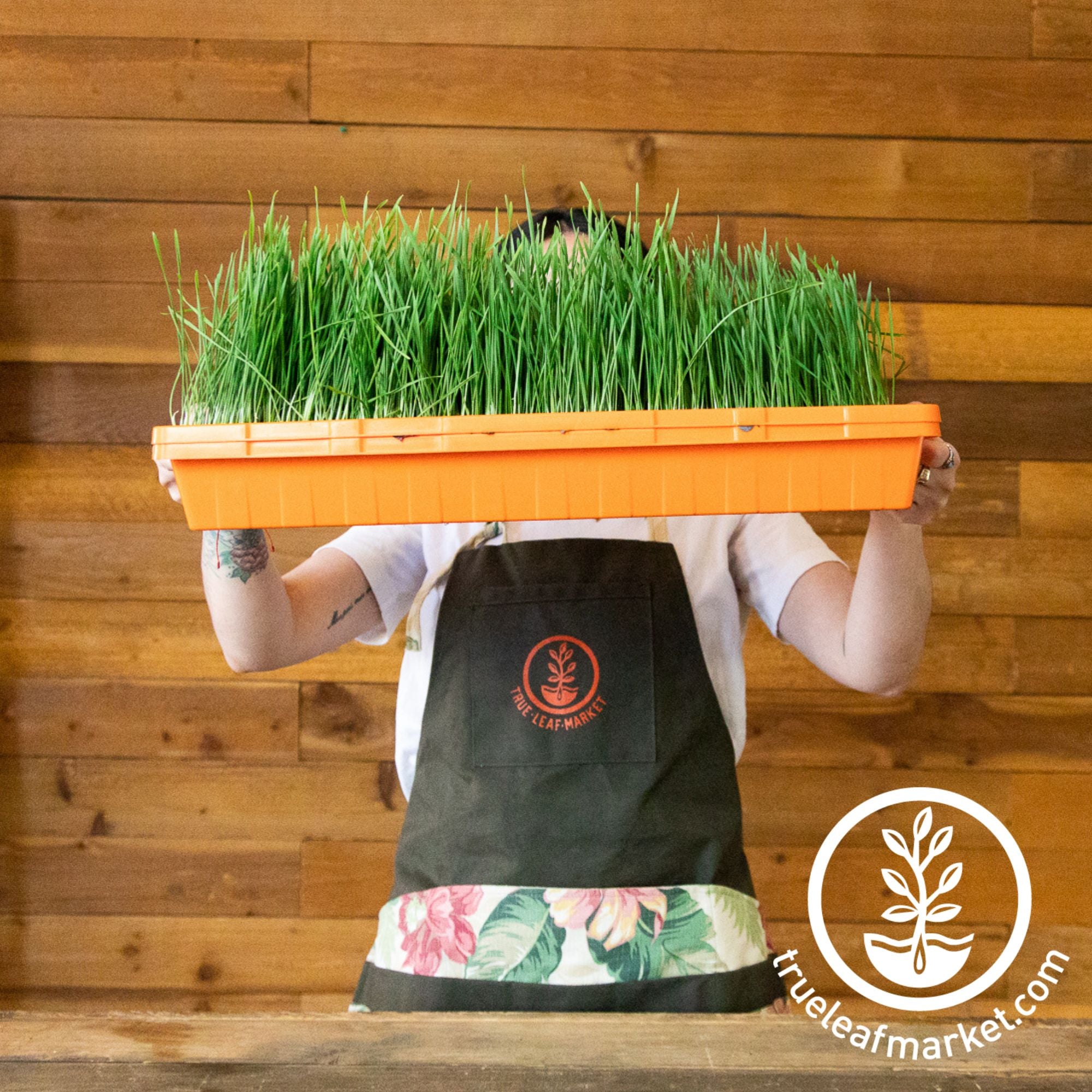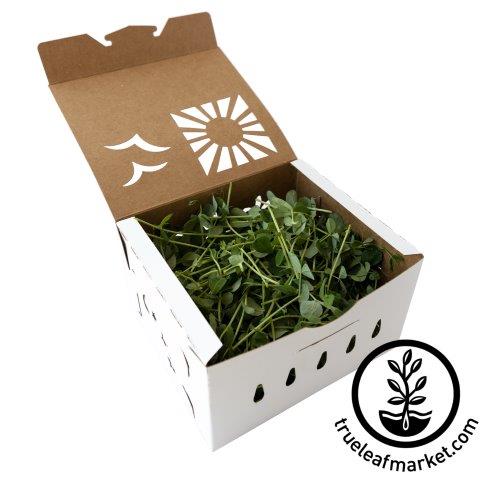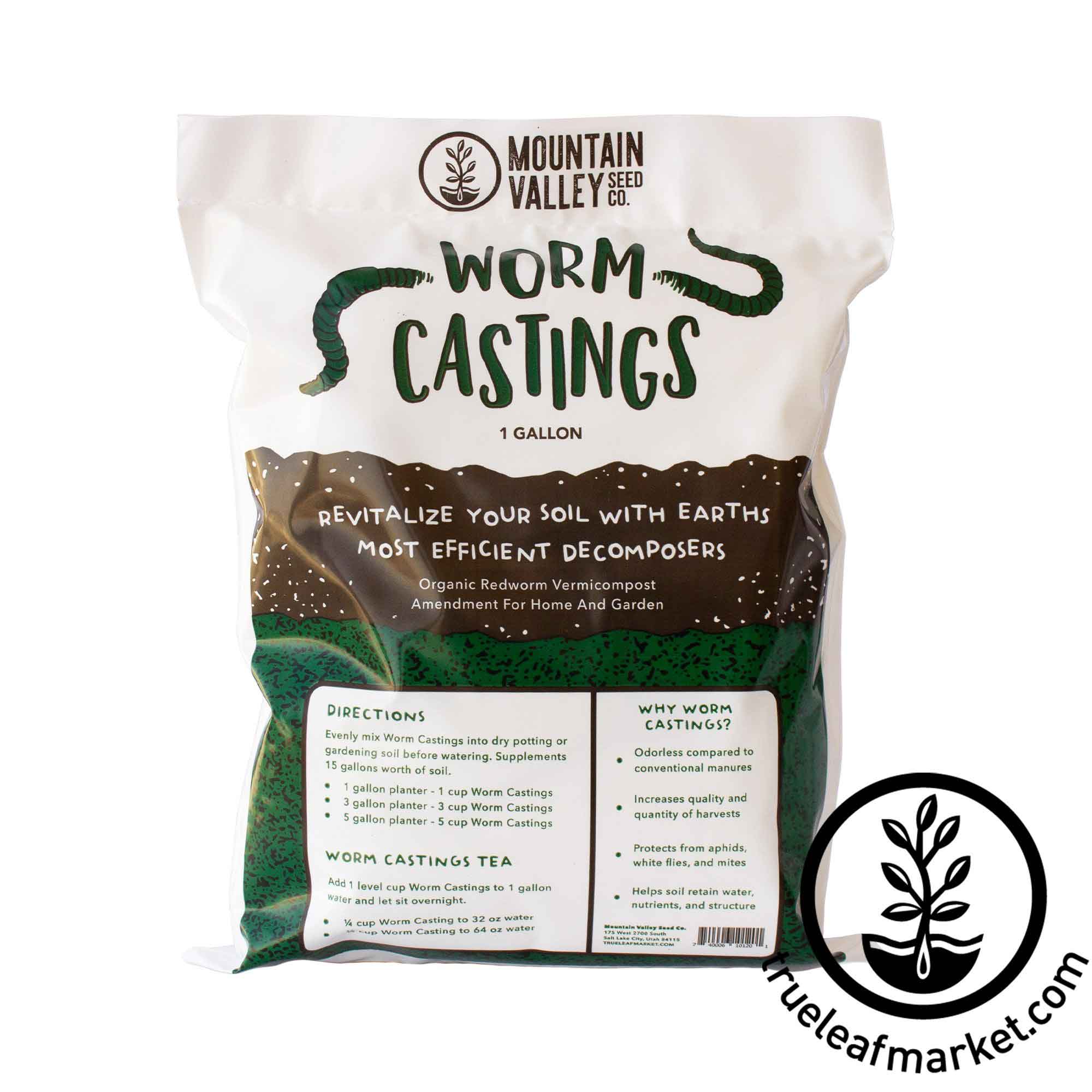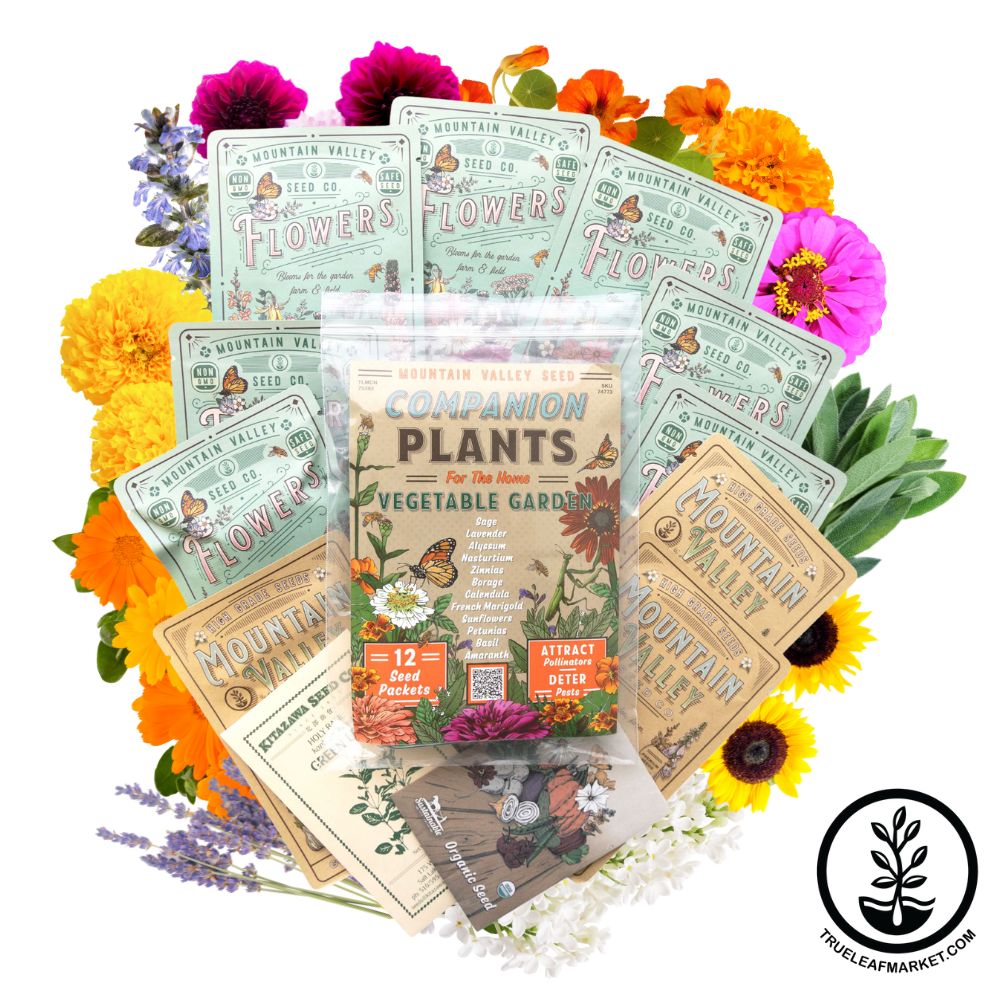 |
Written By Chelsea Hafer |
Spring is quickly arriving, and that means that Earth Day is near! Earth Day is the perfect occasion to appreciate our wonderful planet and all that it does for us and think of ways you can give back to it. In this blog post, we will learn a little bit about the history of Earth Day, which is celebrated annually on April 22nd, and discuss some ways we can appreciate the Earth by implementing more sustainability into our lives.
The first Earth Day took place on April 22, 1970. Before 1970, there were no federal environmental regulations, and toxic waste and pollution were not monitored by any sort of governing authority. Over 20 million Americans took to the streets, demanding that there be government regulation to protect our resources, which resulted in the founding of the Environmental Protection Agency (EPA) as well as the Clean Air Act and the Clean Water Act. Earth Day commemorates this history and gives us a day to really step back and celebrate our planet.

Get Outside and Enjoy Nature
Earth Day is a great time to reflect on all our planet does for us! Spend some time outside, biking or walking, or enjoy spring by sitting at a park or exploring the nature around you. This is also a great occasion to add some more sustainability practices to your life. Take a look at your energy use - maybe switch out some of your lightbulbs to LED bulbs, which save energy and can save you money. Since spring is approaching, consider turning off your heat or opening some windows instead of using the air conditioner.
Reduce Waste
In terms of waste, there is so much we can do to reduce our footprint! Landfills all over the globe are filling up fast, and it’s important that we think about where our waste is going and how we can help the planet by reducing our consumption. Make sure to always bring your reusable bags to the store - plastic bags are a huge threat to our environment and to the animals whos habitats are being littered on. Spring is also a great time to start composting! Invest in a worm compost bin or start a pile in your backyard. Food waste makes up a large portion of our landfills, and the methane it creates is a major contributor to climate issues, as it is over 80 times more potent in warming our climate than CO2. Composting is a great way to give back to the planet, as well as to prep some nutrients for your garden this summer!

Reduce, Reuse, Recycle
Earth Day can also be an important time to reflect on our consumption habits. While recycling and reusing are important, remember that the most critical piece of the 3 R’s is to reduce. Consider what you actually need, and consider the packaging that your items come in. We must start with reducing our consumption in order to waste less, even if you are an avid recycler. Think about your diet, too; meat, especially beef, has a much higher carbon footprint than any other food. Even occasionally opting for chicken or fish over beef can make an impact on the planet and your health!
Grow, Grow, Grow
Finally, Earth Day is a great time to start prepping your garden for the growing season! You can start weeding and clearing out your space now to make sure your garden is ready for planting. Add mulch and compost to your beds to add essential nutrients to the soil. Once your growing area has been prepared, start directly sowing and transplanting your starts! Take a look at our seeds and try some new plants this season. Companion plants can be a great addition to your garden to help promote the overall health of your garden. This Earth Day, make sure to reflect on how lucky we are to enjoy our beautiful planet and think about how you can do your part to protect it for generations to come!
 |
Chelsea Hafer, True Leaf Market Writer |
Chelsea is a passionate advocate for sustainable agriculture and loves getting her hands dirty and watching things grow! She graduated from Georgetown University in 2022 with a degree in Environmental Justice and now resides in Park City, Utah, where she works as a ski instructor. Her love for nature extends to gardening and hiking, and she has gained valuable insights from working on farms in Italy, Hawaii, and Mexico, learning various sustainable agriculture techniques like permaculture and Korean Natural Farming.























0 comments
No comments yet! Be the first to start a conversation.